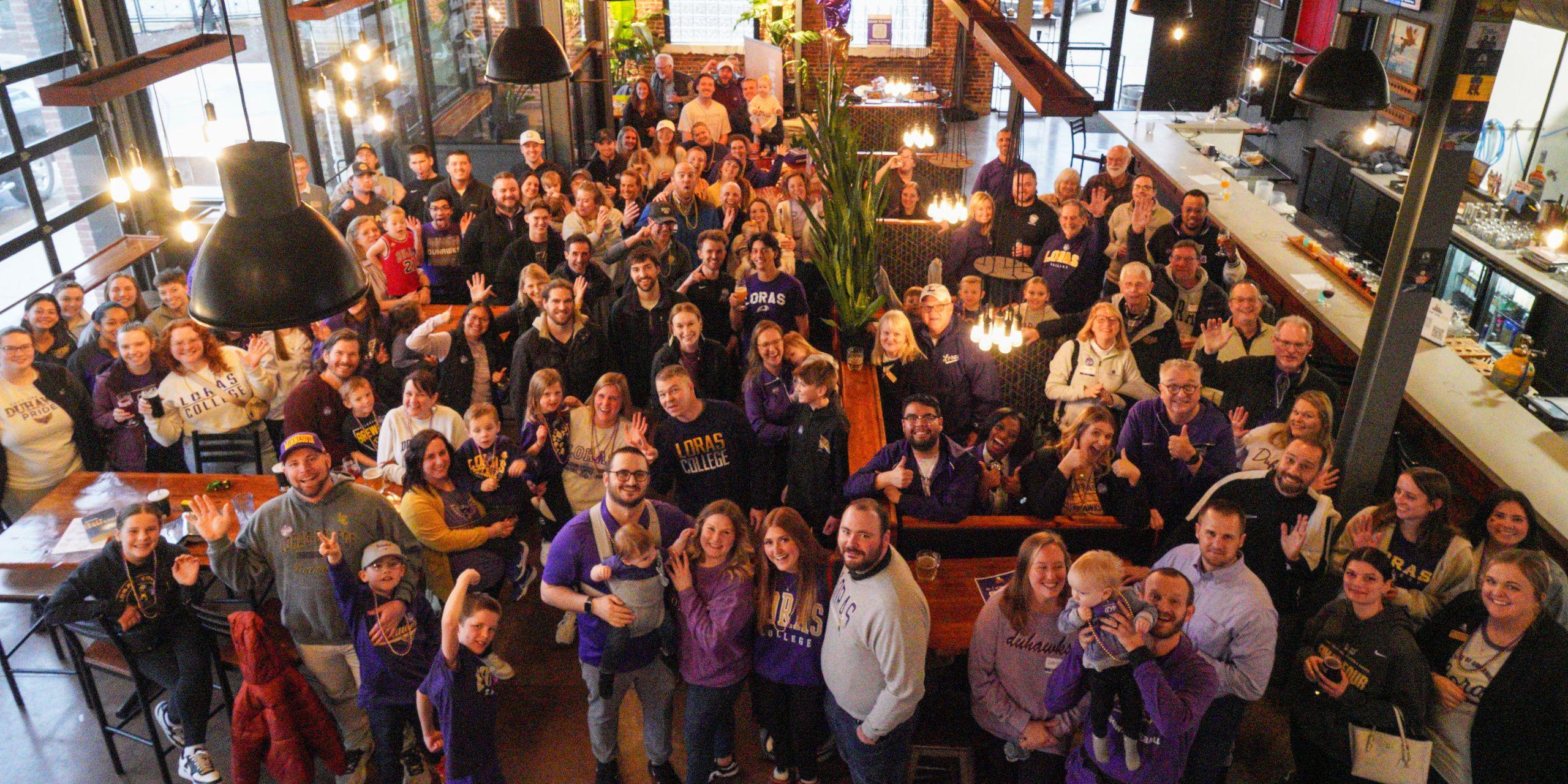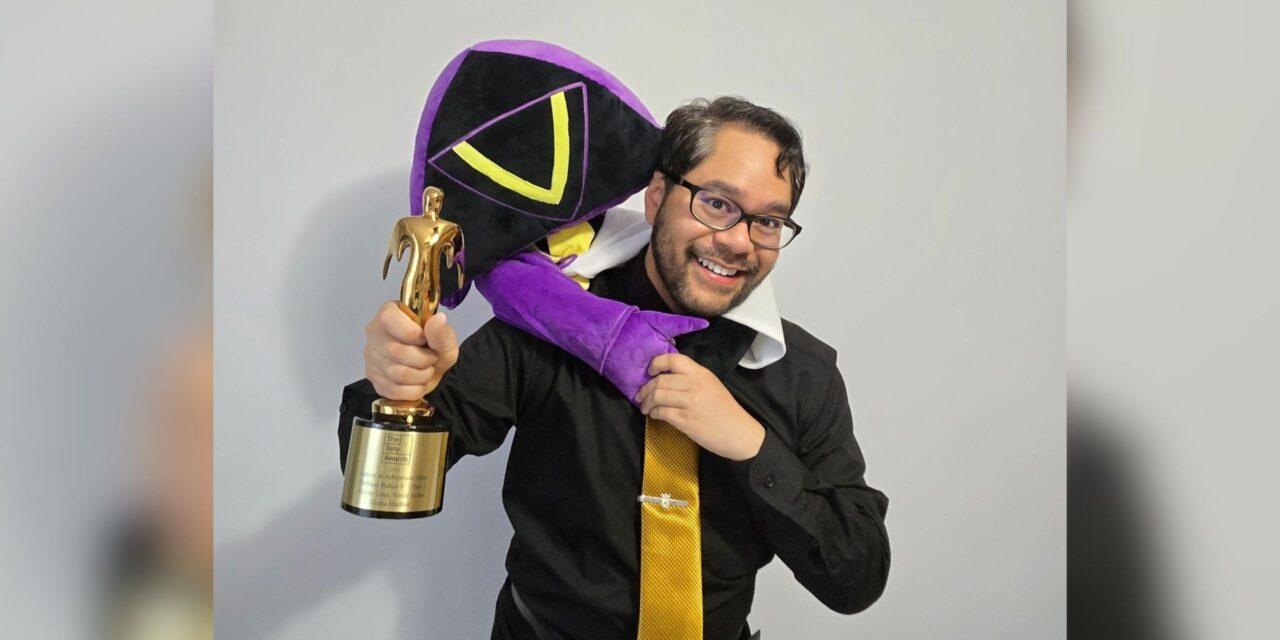I remember the first time I walked into a bingo hall - the rhythmic calling of numbers, the soft rustle of daubers marking cards, and most importantly, the genuine connections happening between players. It struck me how this classic game creates something many modern entertainment options struggle with: authentic social engagement. This realization hit home recently while playing Funko Fusion, where I encountered yellow arrows painted in front of a locked door with no clear indication of their purpose. It wasn't until hours later, during The Umbrella Academy levels, that I discovered a specific character could phase through walls by standing on those arrows and dashing. That moment of delayed understanding made me appreciate how bingo games masterfully avoid such communication gaps while fostering social growth.
The beauty of bingo lies in its immediate accessibility and clear social framework. Unlike the confusing mechanics I experienced in Funko Fusion, where players must guess which elements are meant for immediate use versus future revisits, bingo establishes its rules transparently from the first call. This clarity creates an environment where social interactions can flourish naturally. I've witnessed firsthand how bingo nights at community centers transform strangers into friends within hours. The game's structure encourages players to help newcomers, share strategies, and celebrate each other's successes. Research from the University of Oxford's Social Dynamics Lab indicates that group gaming activities like bingo can increase social bonding by up to 47% compared to solo gaming experiences. That statistic resonates with what I've observed - the collective groans when someone narrowly misses a win, the shared excitement during close games, and the organic conversations that develop between rounds.
What continues to amaze me about bingo is how it balances individual engagement with group dynamics. Each player focuses on their card while remaining acutely aware of the shared experience. This dual attention creates what psychologists call "parallel play with social awareness" - we're doing our own thing while feeling connected to others. I've noticed this particularly during themed bingo nights, where the entertainment value skyrockets through creative variations while maintaining the core social benefits. The game adapts beautifully to different settings too - from traditional halls hosting 150+ players to intimate gatherings of 8-10 friends in living rooms. My personal preference leans toward smaller groups where conversations flow more naturally, though I must admit the energy of larger venues creates its own unique magic.
The social skills development through bingo becomes evident when you track regular players over time. I've watched shy individuals gradually become more confident in initiating conversations, learning to read social cues, and developing patience through the game's natural pacing. Unlike digital games that often prioritize individual achievement, bingo's community aspect encourages players to develop empathy - you genuinely feel happy for others when they win, even when you're still searching for that final number. This emotional intelligence building happens almost subconsciously through the game's design. The University of Michigan's Social Interaction Study found that regular bingo players demonstrated 32% higher levels of social confidence in unfamiliar situations compared to non-players. While I can't verify their methodology completely, the finding aligns with what I've witnessed in local bingo communities.
Entertainment value in bingo comes from multiple dimensions - the thrill of competition, the satisfaction of pattern completion, and most importantly, the joy of shared experience. Modern bingo has evolved far beyond its traditional roots, incorporating music, themes, and creative variations that keep the experience fresh. I particularly enjoy how different venues customize their approach - some focus on rapid-fire games that maintain high energy, while others create more relaxed environments perfect for deeper social connections. The financial aspect adds another layer of excitement, though honestly, the social rewards often outweigh the monetary ones for regular players. My own experience mirrors this - I remember the details of conversations and shared laughter long after I've forgotten the specific games or winnings.
The comparison to my Funko Fusion experience highlights why bingo remains relevant in our increasingly digital world. Where the video game failed to communicate its mechanics clearly, creating frustration and isolation, bingo's straightforward approach immediately brings people together. There's no guessing about rules or hidden mechanics - just clear, accessible fun that serves as a springboard for human connection. I've come to believe this accessibility is bingo's secret weapon in social skill development. It removes barriers that often complicate social interactions, allowing genuine connections to form naturally. The game becomes a social lubricant in the best possible way - giving people shared focus while leaving ample room for personal interaction.
Looking at the broader picture, bingo's endurance through decades of entertainment evolution speaks volumes about its unique value proposition. In an age where digital entertainment often isolates us despite its connectivity promises, bingo delivers authentic social experiences that both entertain and develop crucial life skills. The game teaches patience, emotional regulation, social awareness, and celebration of others' successes - all wrapped in an entertaining package that feels more like play than work. My personal journey with bingo has convinced me that we need more such experiences in our lives - activities that combine clear structure with social freedom, immediate engagement with long-term benefits. While I'll probably still play the occasional video game, it's the bingo nights that consistently leave me feeling more connected to my community and better equipped to navigate social situations in my daily life.




